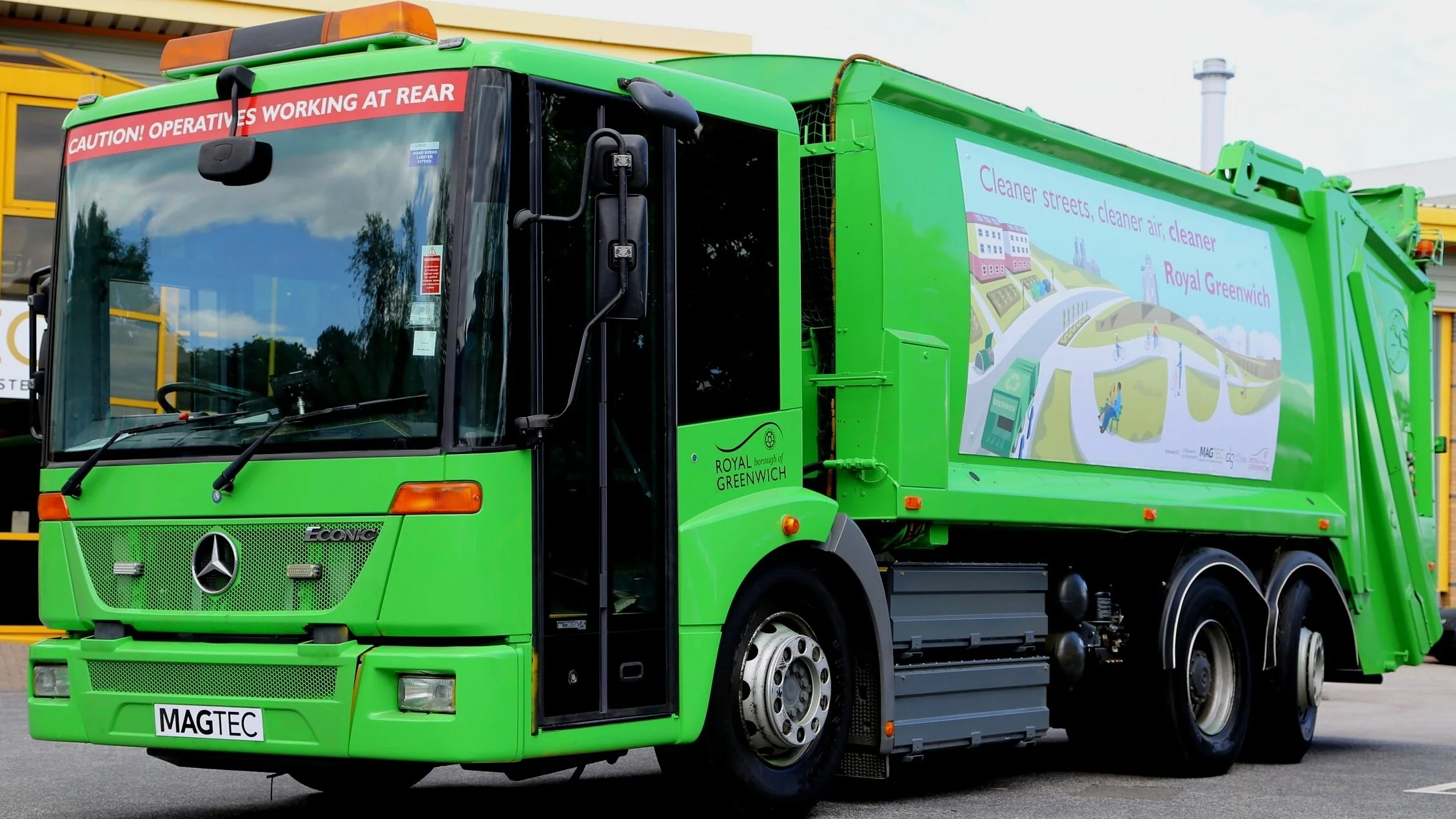As January rolls round, the inevitable calls for “new year, new you” flood our social media, TV and minds. But here at DG Cities we’re taking a slightly different slant on things and have been thinking about what 2021, the year after the year like no other, could mean for our urban environments.
Today therefore we’re sharing our top predictions for what we’ll see happening in 2021 and our hopes for what we’d like to see; which thankfully are often the same thing.












